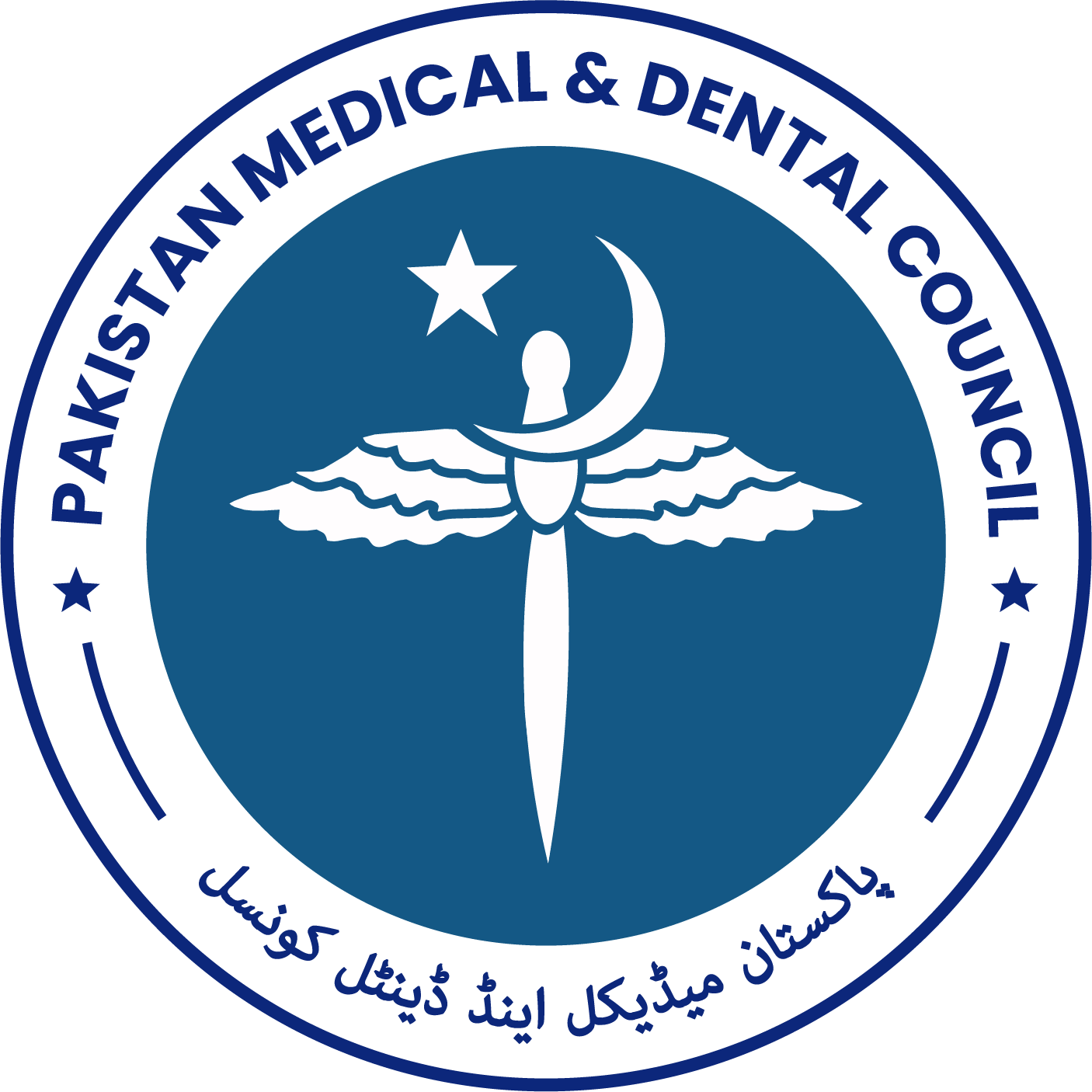Appropriate Hydration Can Make a Difference
Abstract
Water is an essential component in terms of having a role in building of human body. The total body water
content must be adequately maintained for the health and wellbeing of an individual. Water intake as well as
water loss is governed by efficacious homeostatic mechanisms which are receptive to even minute changes
such as hundred milliliters. Water deficit happens as hypohydration when fluid intake is not sufficient to replace
fluid losses. When water loss exceeds the amount of water consumed, dehydration results. Mild dehydration is
described as fluid loss being around 1-2% of total body fluids. Severe dehydration occurs with fluid loses over
5%. Dehydration has remarkable consequences including effect on body temperature, respiratory rate, mental
functioning and muscle endurance. Overall, the role of water as a necessary nutrient is indispensable.
Consequently, appropriate hydration status is extremely imperative for health and wellbeing of an individual.1 The human body contains around 70% of water. In terms of body weight water makes up 75% in infants and
55% in elderly. Water is necessary for cellular homeostasis as well as life. Still plentiful unanswered2 questions exist regarding this extremely imperative constituent of our body and our diet. The water in the1 body has diverse physiological roles. These include being required for breathing for oxygen transport to the
cells, metabolism, digestion and absorption of nutrients, detoxification of the body, regulation of body1 temperature, upkeep of equal osmotic pressure in cells as well as extracellular space etc. Water should be
treated as vital nutrient in diet. Accordingly, it is imperative for health to have total body water (TBW) content
in appropriate standards.
References
Krecar IM, Kolega M, Kunac SF. The effects of drinking water on attention. Procedia-Social and Behavioral Sciences. 2014; 159: 577-83.
Popkin BM, D'Anci KE, Rosenberg IH. Water, hydration and health. Nutrition reviews. 2010; 68: 439-58.
Orrù S, Imperlini E, Nigro E, Alfieri A, Cevenini A, Polito R, et al. Role of functional beverages on sport performance and recovery.Nutrients. 2018; 10: 1470.
Nuccio RP, Barnes KA, Carter JM, Baker LB. Fluid Balance in Team Sport Athletes and the Effect of Hypohydration on Cognitive,Technical and Physical Performance. Sports Med. 2017; 47: 1951–82.
Shirreffs SM. Hydration in sport and exercise: water, sports drinks and other drinks. British Nutrition Foundation Nutrition Bulletin. 2009; 34: 374-9.
El-Sharkawy AM, Sahota O, Lobo DN. Acute and chronic effects of hydration status on health. Nutrition Reviews. 2019; 73: 97–109.
McCartney D, Desbrow B, Irwin C. The effect of fluid intake following dehydration on subsequent athletic and cognitive performance: a systematic review and meta-analysis. Sports medicine-open. 2017; 3: 1-23.
Athanasatou A, Kandyliari A, Malisova O, Kapsokefalou M. Fluctuation of water intake and of hydration indices during the day in a sample of healthy Greek adults. Nutrients. 2019; 11: 793.
Secher M, Ritz P. Hydration and cognitive performance. The Journal of Nutrition, Health & Aging. 2012; 16: 325-9.
Holdsworth JE. The importance of human hydration: perceptions among healthcare professionals across Europe. Nutrition Bulletin. 2012; 37: 16-24.
Nuccio RP, Barnes KA, Carter JM, Baker LB. Fluid Balance in Team Sport Athletes and the Effect of Hypohydration on Cognitive, Technical, and Physical Performance. Sports Med. 2017; 47:1951–1982.
Ayotte D, Corcoran MP. Individualized hydration plans improve performance outcomes for collegiate athletes engaging in in-season training. Journal of the International Society of Sports Nutrition. 2018; 15: 27.
Liska DA, Mah E, Brisbois T, Barrios PL, Baker LB, Spriet LL. Narrative Review of Hydration and Selected Health Outcomes in the General Population. Nutrients. 2019; 11: 70.
Jequier E, Constant F. Water as an essential nutrient: the physiological basis of hydration. European Journal of Clinical Nutrition. 2010; 64: 115–23.
Benelam B, Wyness L. Hydration and health:a review. Nutrition Bulletin. 2010; 35: 3–25.















